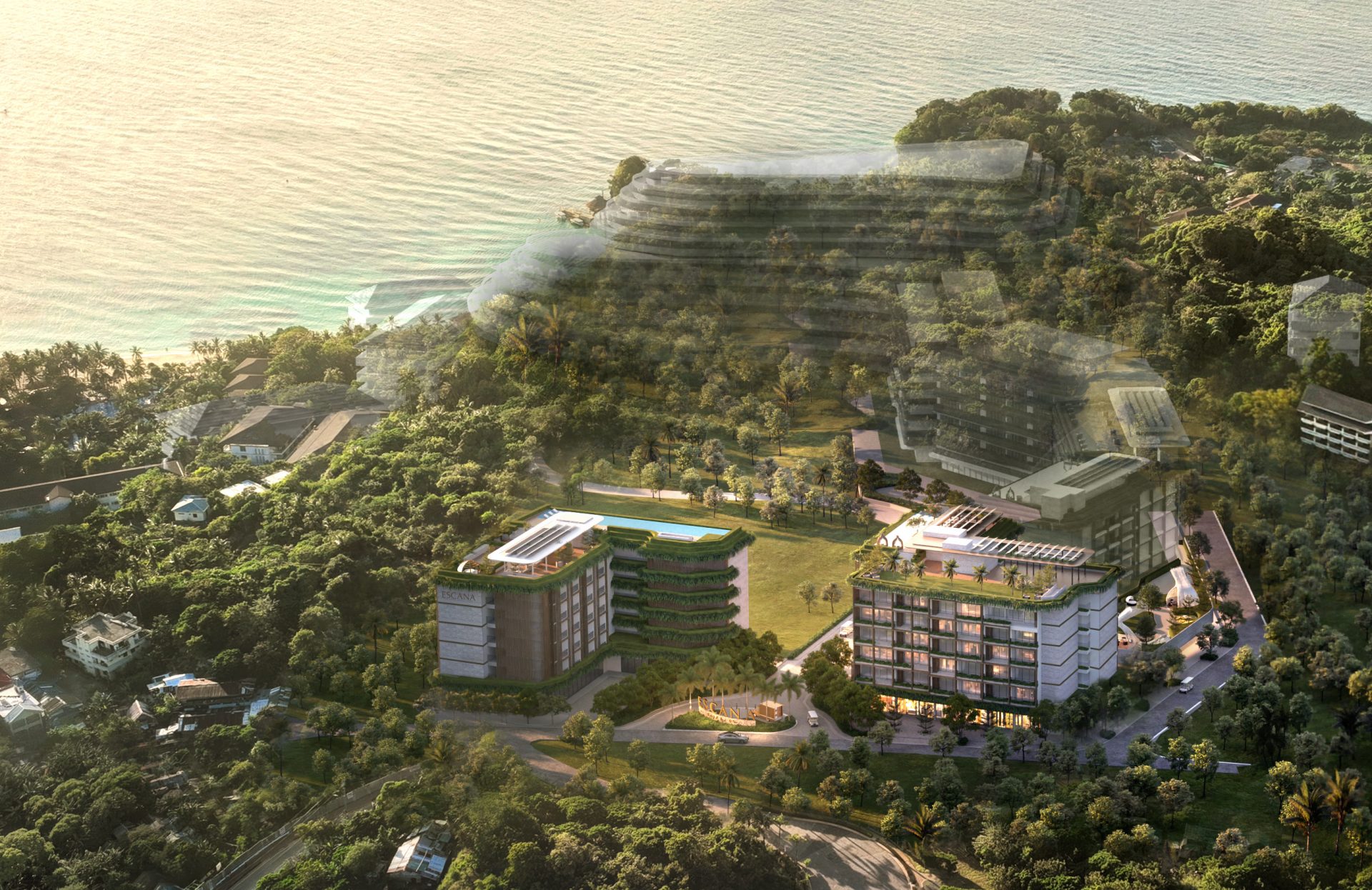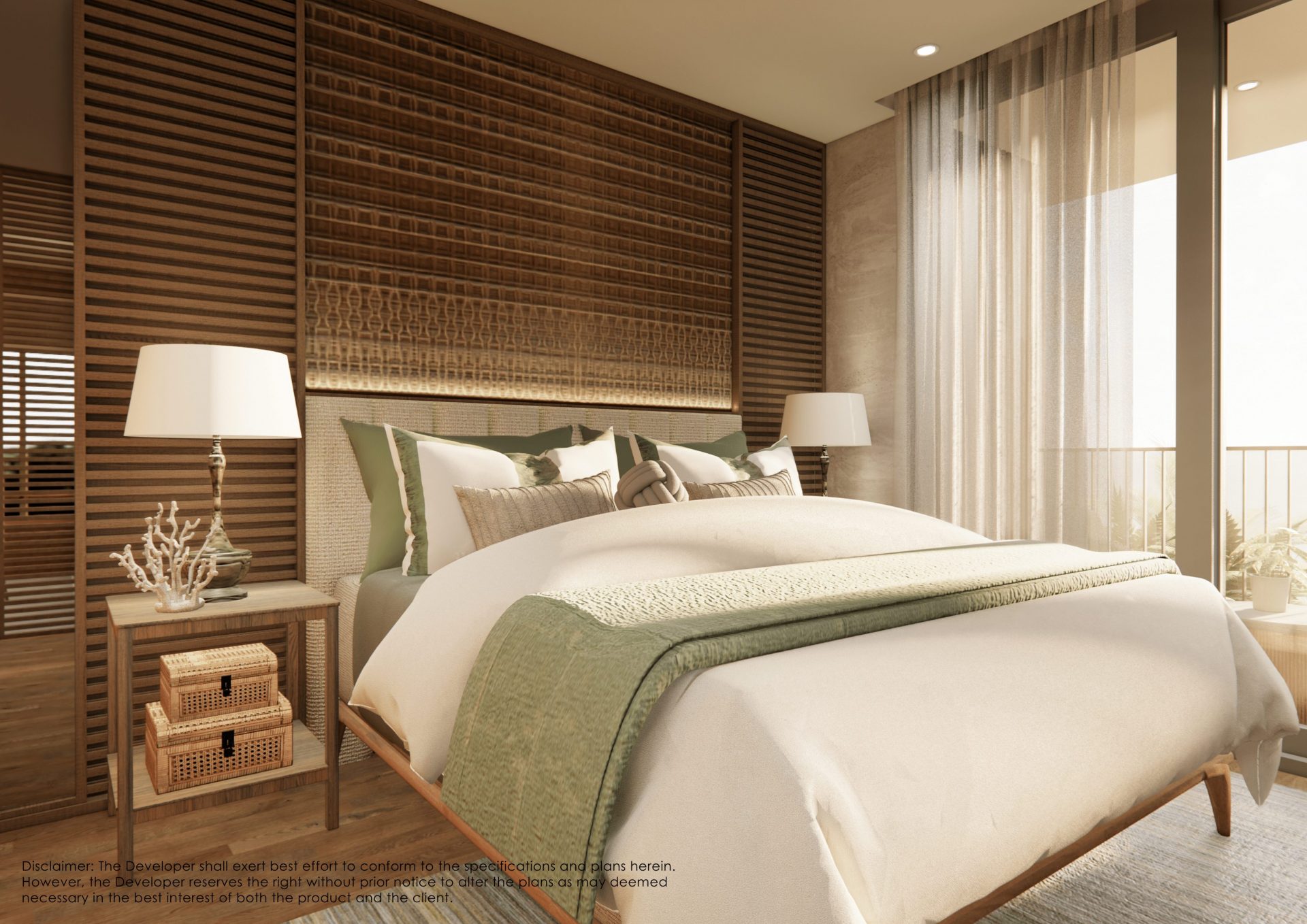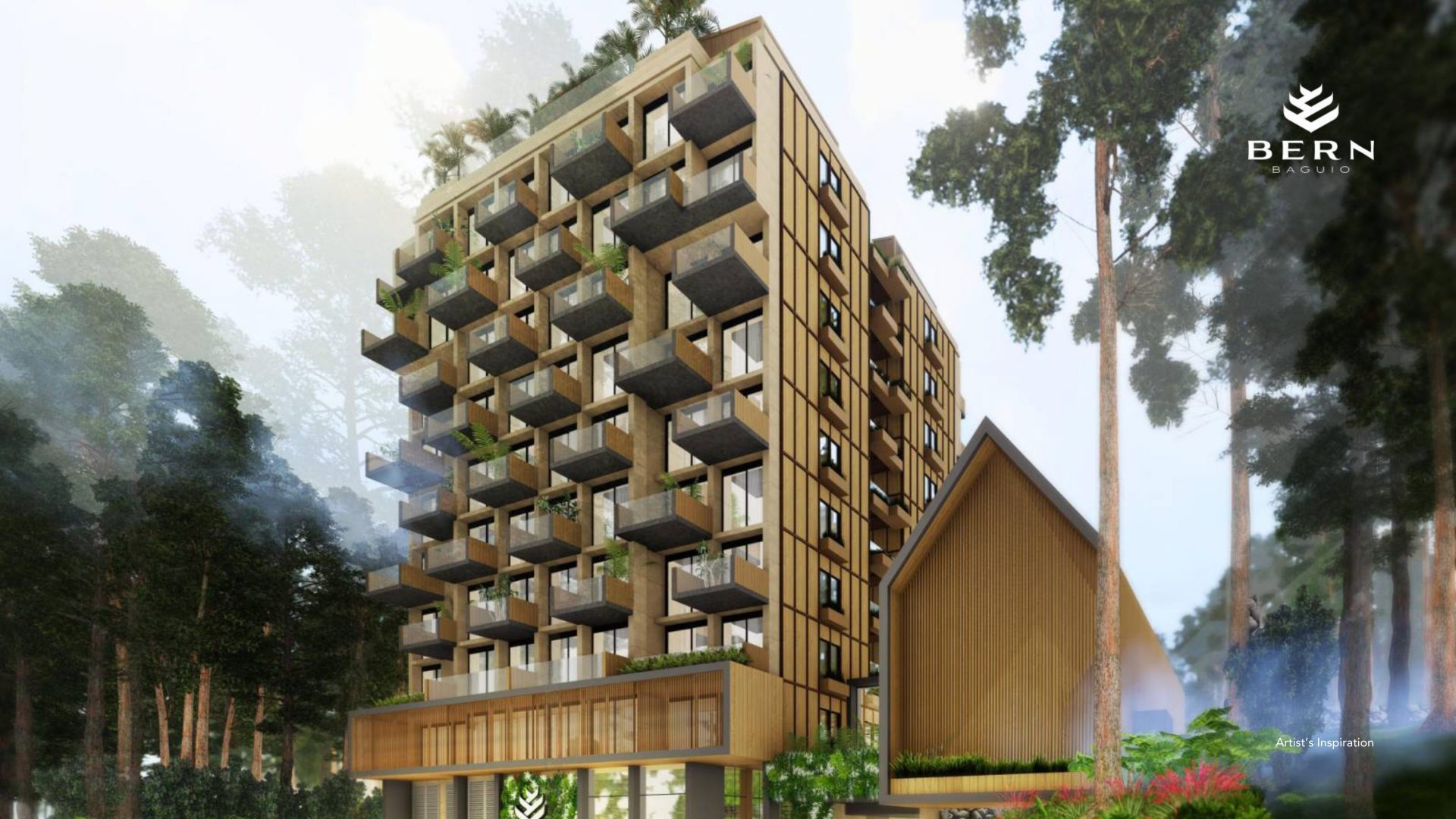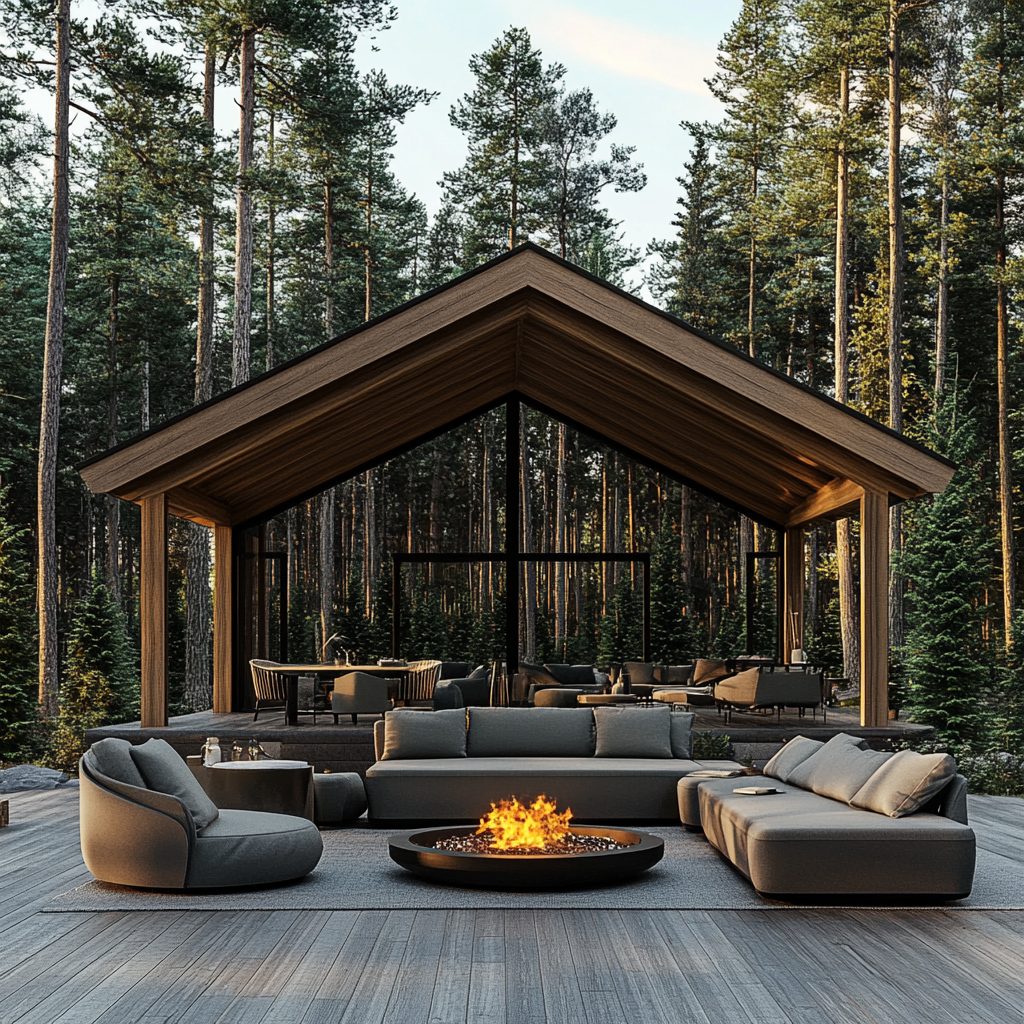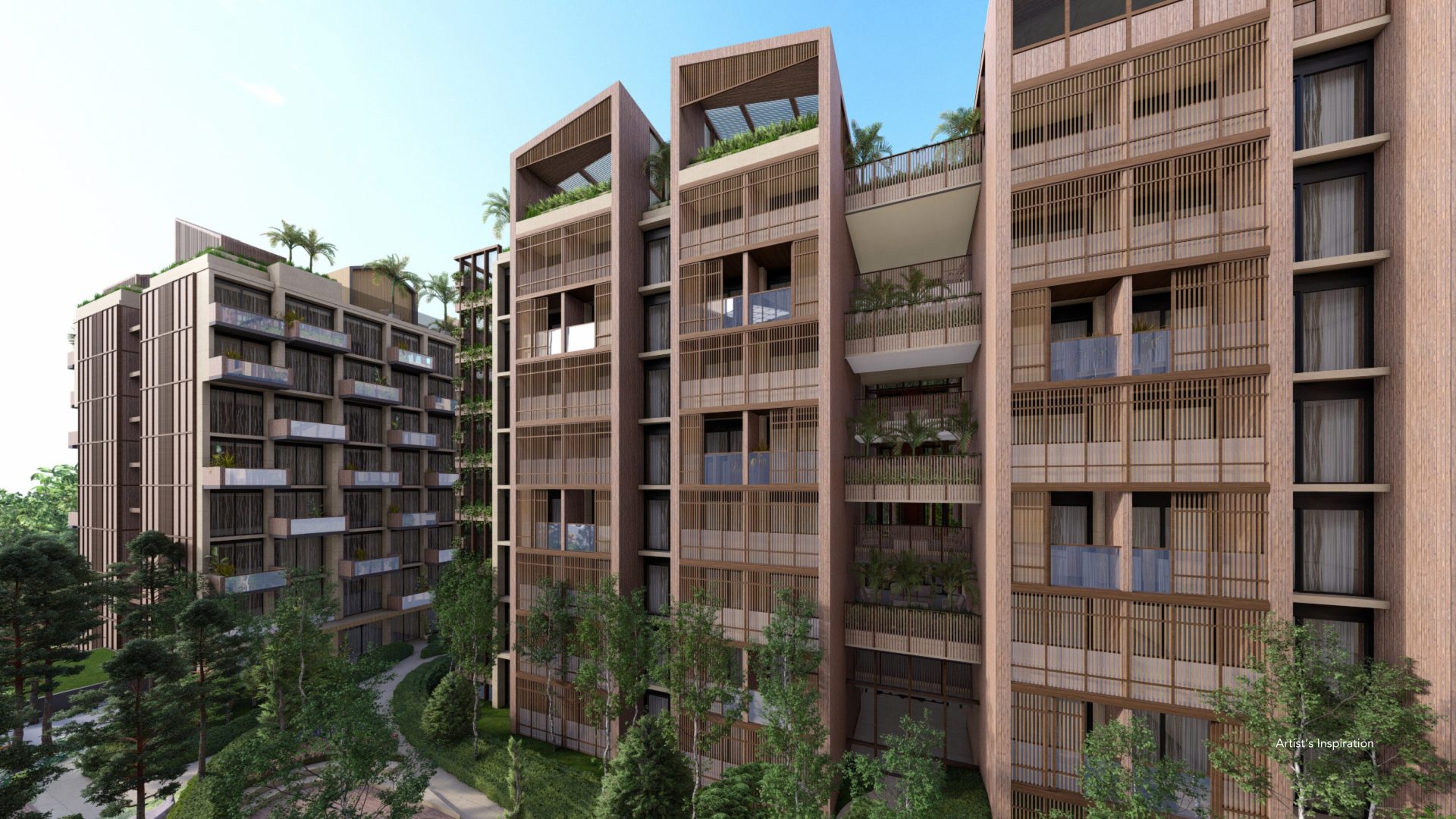BLOGS
Vinyl Siding Installation Cost
Table of Contents:
- Introduction
- Understanding Vinyl Siding
- Factors Influencing Vinyl Siding Installation Cost
- Estimating Vinyl Siding Installation Costs
- Types of Vinyl Siding
- Cost-Effective Vinyl Siding Installation Tips
- Financing Options for Vinyl Siding Installation
- Case Studies: Vinyl Siding Installation Costs in Different Regions
- Additional Resources
- Conclusion
Vinyl siding is attractive to homeowners for a variety of reasons. It’s essential to understand its appeal, the factors that impact installation cost, and why budgeting for vinyl siding projects is crucial.
Many homeowners choose vinyl siding because it offers an appealing, versatile exterior siding finish. It comes in various styles and colors, enhancing your home’s aesthetic. Additionally, vinyl siding is known for its durability and minimal maintenance requirements.
Numerous factors influence the cost of vinyl siding installation. These include the size and layout of your home, the quality and type of vinyl siding material you select, labor costs, removal of existing siding, vinyl siding costs (if needed), and geographic location.
Budgeting is essential when considering a vinyl siding project. It allows you to plan financially, ensuring you can cover material and labor costs. Without a budget, you risk overspending or sacrificing quality, potentially leading to future expenses.
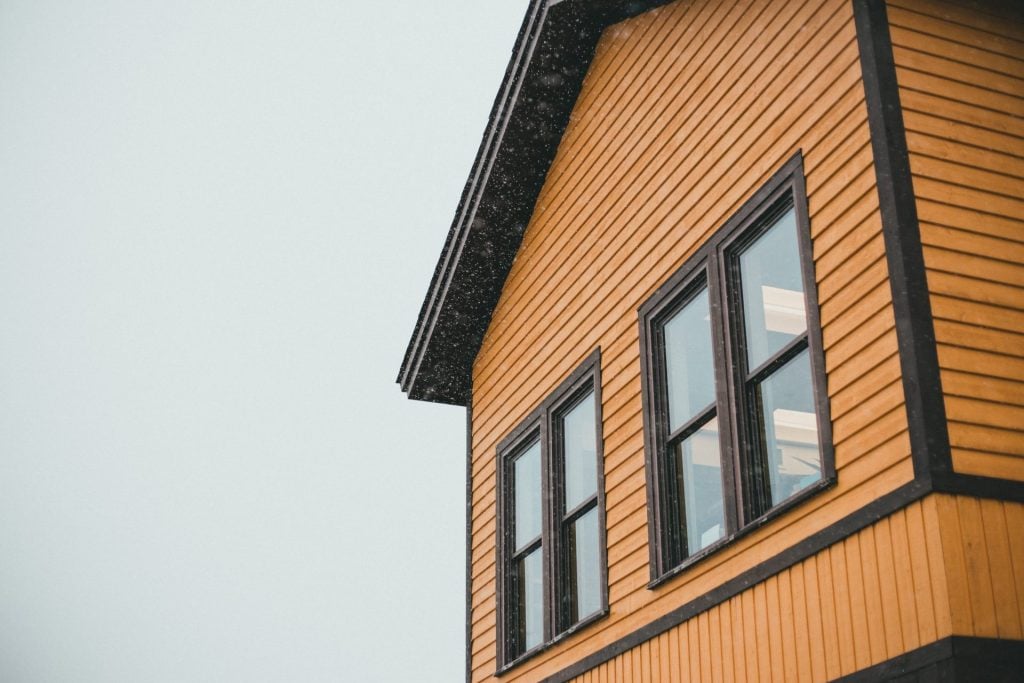
How much does vinyl siding installation cost?
The average cost to install vinyl siding is P364,000.
While the average project cost is about P392,000, more expensive endeavors are possible.
To break that down, the average cost of installation and supplies is between P168 and P196 per square foot vinyl sheet, with the final price varying based on factors including the size of your house, the quality of the materials you choose, and the going rate for labor in your region.
Understanding Vinyl Siding
What is vinyl siding
Vinyl siding is a type of exterior cladding for houses. It’s made from PVC (polyvinyl chloride) resin and comes in long panels that mimic the appearance of traditional embossed wood grain siding.
Advantages of vinyl siding
There are several benefits to choosing vinyl siding. It’s highly versatile, offering various colors and styles to match your home’s aesthetics. CVinyl siding is also known for its affordability compared to other siding materials.
Longevity and durability
Vinyl siding is designed to withstand the elements. It doesn’t rot, warp, or corrode like wood or metal siding might. It’s also resistant to pests, like termites, that can damage other siding materials.
Low maintenance requirements
One of the most significant advantages of vinyl siding is its minimal maintenance. Unlike wood siding, which needs regular painting and sealing, vinyl siding only requires occasional cleaning to maintain vinyl siding its appearance.
Factors Influencing Installing Vinyl Siding Cost
The bigger your house, the more vinyl siding material you’ll need, directly impacting the cost. Complex layouts with many corners or unusual shapes can also increase labor costs.
The type new flooring and quality of vinyl siding you choose significantly affect the price. Premium flooring options may cost a few dollars more upfront but offer excellent durability and aesthetic appeal.
Hiring professionals for installation is an expense. The complexity of the installation job, like working on multi-story homes or uneven terrain, can also increase labor costs. If you have old siding that needs removal before installing vinyl siding, this is relatively simple process but adds extra labor and disposal costs. Consider if you want extra features like rigid board insulation, trim, or decorative elements, which will add to the overall cost.
Prices can vary depending on where you live, with regions with higher living costs often charging more for services. Climate can also affect installation methods and costs, especially in extreme weather.
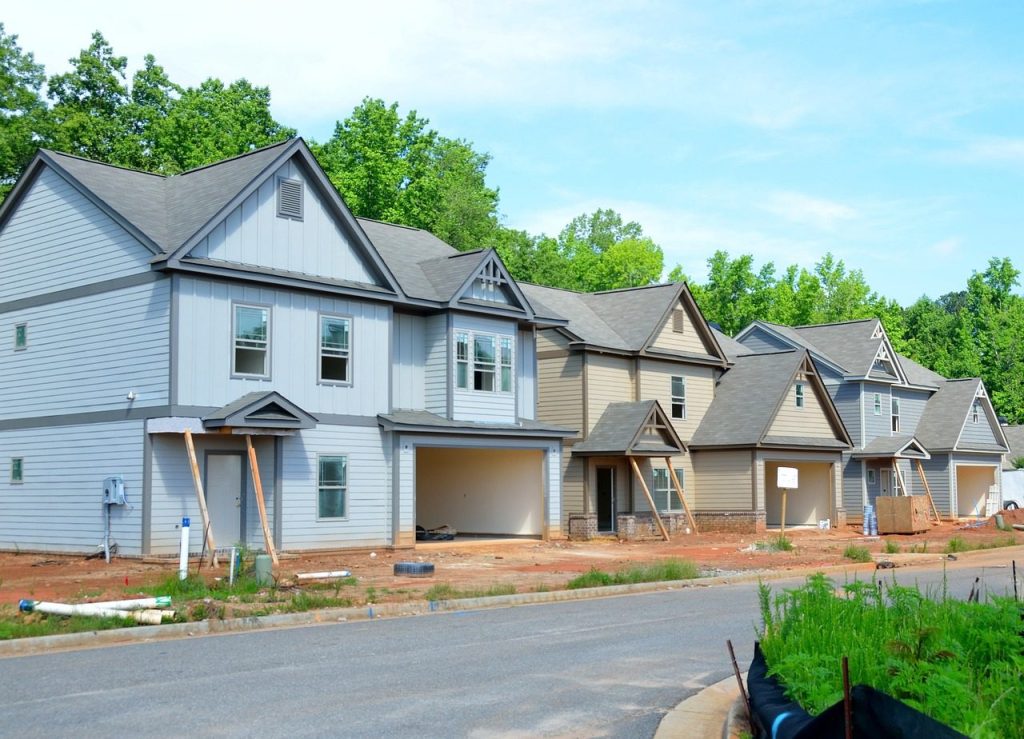
Estimating Vinyl Siding Installation Costs
calculating vinyl siding cost per square footage
Measure the exterior walls of your home to determine the per square foot of footage that needs to be covered with vinyl siding. This forms the foundation for your cost estimate.
Material costs
Research the various price points per square foot for the type and quality of vinyl siding you want. Multiply this by the amount per square foot of footage you measured to estimate material costs.
Labor costs
Contact local contractors or installers for quotes on labor. Labor costs can vary, so getting several quotes from multiple contractors is essential to find the best deal.
Hidden costs to consider
Don’t forget to account for additional costs, such as permits, disposal of old or new siding, or unexpected repairs needed during installation.
Obtaining multiple quotes
It’s crucial to gather multiple quotes to cut costs from different contractors. This will enable you to shop around and discover the greatest deal possible.
Types of Vinyl Siding
Let’s explore the different types of vinyl siding available and how to pick the one that suits your budget and needs.
Basic vinyl siding
Basic vinyl siding offers a cost-effective solution. It comes in various colors and styles but may have fewer features than higher-priced options.
Insulated vinyl siding
This type of siding includes a layer of insulation, enhancing energy efficiency. While it’s more expensive upfront, it can lead to long-term savings on energy bills.
Premium vinyl siding
Premium vinyl log siding boasts top-notch quality, aesthetics, and durability. It often mimics the look of natural wood and comes in a wide range of styles. Expect a higher initial cost, which can significantly enhance your home’s curb appeal.
Vinyl cedar shakes and shingles
These offer a classic, deeply textured options appearance that replicates the look of cedar vinyl shake siding or shingles. They add a unique charm to your home but might come with a slightly higher price tag.
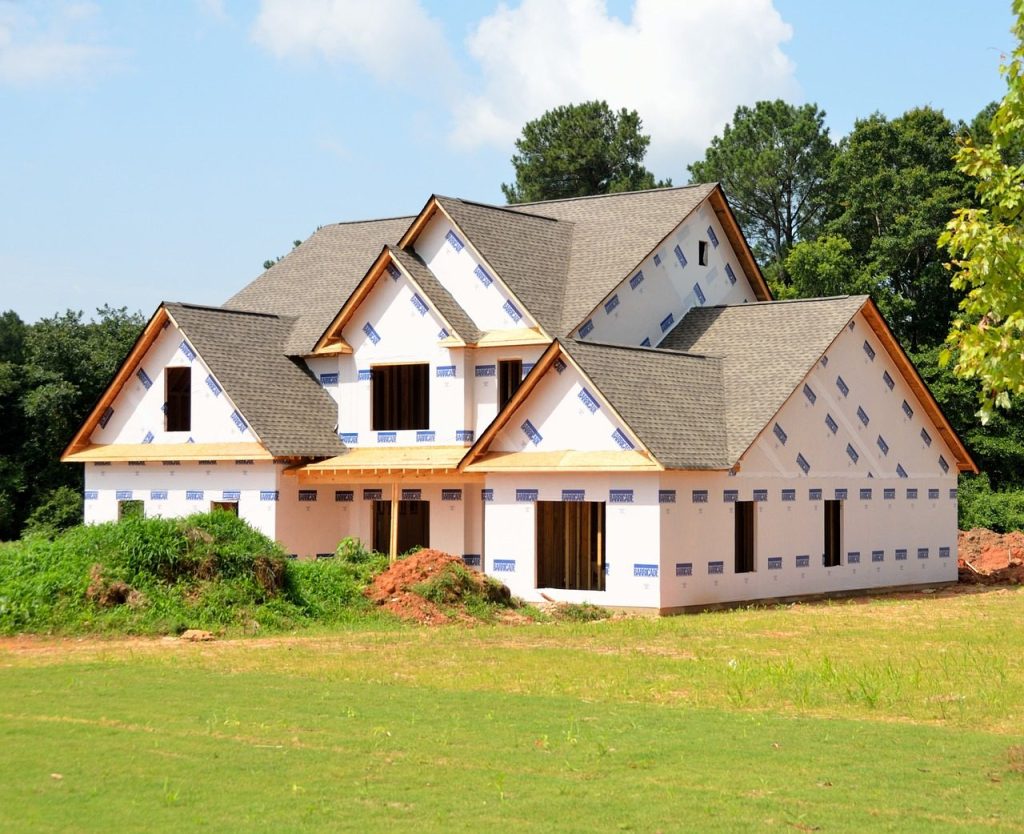
Choosing the right type for your budget
Consider your budget, desired aesthetics, and long-term goals. Basic vinyl siding can be cost-effective, but if you prioritize energy efficiency or want a premium look, be prepared to invest a bit more.
Cost-Effective Vinyl Siding Installation Tips
Consider your skills and the complexity of the job. While DIY installation can save money, complex installations are best left to professionals to avoid costly mistakes.
Thoroughly plan the project, including measuring accurately, ordering materials in advance, and having a clear timeline. Proper planning prevents delays and additional expenses. Plan your installation during mild weather. Extreme cold or hot temperatures can affect vinyl siding, making installation more challenging and potentially costly.
Invest in insulated siding to improve your home’s energy efficiency. While it may cost more upfront, it can lead to significant long-term savings on heating and cooling bills. Regularly clean your siding to prevent mold or mildew growth. Address any damage promptly to avoid costly repairs down the line.
Financing Options for Vinyl Siding Installation
Home improvement loans
These loans are specifically designed for home renovations. They offer fixed or variable interest rates, and you can choose from various repayment terms. Research local lenders or banks for loan options that suit your needs.
Home equity lines of credit (HELOC)
If you’ve built up equity in your home, a HELOC allows you to borrow against it. It’s like having a credit card with your home as collateral. Interest rates can be lower than other loans, but you’re risking your home if you can’t repay.
Government incentives and rebates
Some governments offer tax breaks or financial incentives for energy-efficient home improvements. Check with local authorities or energy agencies to see if you qualify for grants or rebates for installing vinyl flooring, insulated siding, vinyl flooring, or vinyl log siding.
Budgeting and saving for your project
Consider budgeting and saving if you prefer not to take on additional debt.
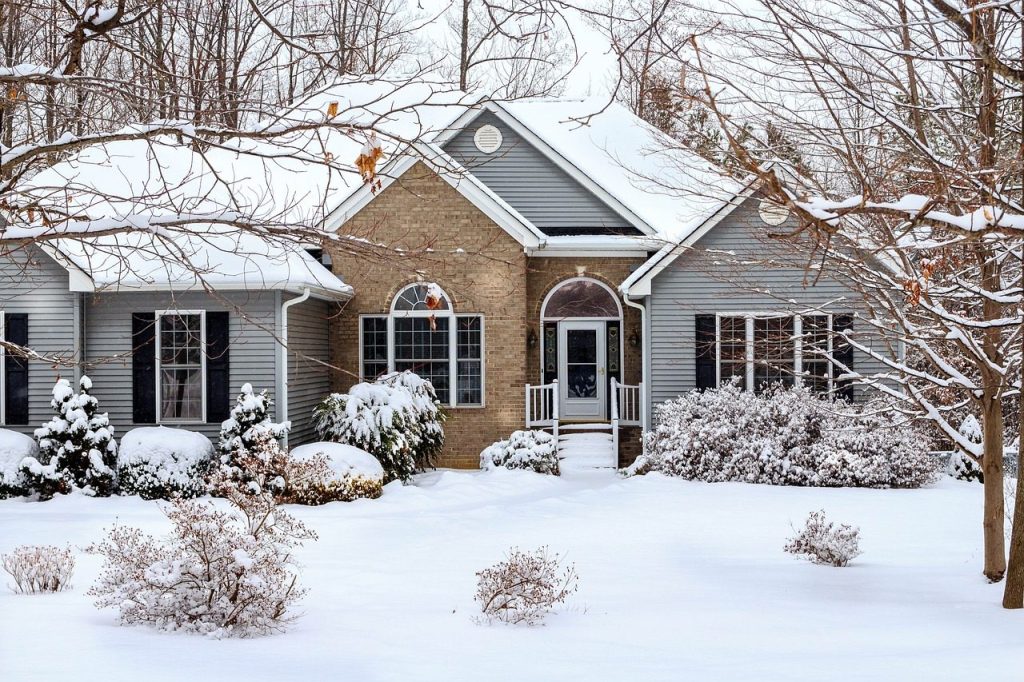
Case Studies: Vinyl Siding Installation Costs in Different Regions
Installation costs are higher in urban areas due to higher living costs and stringent regulations. Suburban areas often strike a balance, while rural areas may offer lower labor costs but possibly less local contractor and availability.
Northern regions with harsh winters may require additional insulation, impacting costs. In contrast, southern climates might have lower energy efficiency requirements but could face intense sunlight and extreme heat challenges.
Installation costs vary widely from state to state due to labor costs, demand, and local regulations. Obtain quotes from local contractors to get a clear picture of costs in your area.
Additional Resources
Look for contractors through recommendations from friends, family, or online reviews. Ensure they are licensed and insured for your peace of mind. Numerous websites and apps can help you calculate the cost of your vinyl siding project based on your specific needs and location.
They provide a rough estimate to assist with your budget planning. Regular maintenance is crucial for preserving your vinyl siding’s appearance and longevity. You can find maintenance guides online or in product manuals provided by the manufacturer.
These guides offer step-by-step instructions on vinyl plank flooring installation and maintaining your vinyl stone siding throughout.
Conclusion
We’ve discussed how factors like the property’s size, vertical vinyl siding, material, labor costs, and geographic location play a significant role in determining the total cost of your vinyl siding project.
While cost matters, don’t compromise on quality. Choosing the correct type of vinyl siding and investing in insulation can lead to long-term savings and better aesthetics.
With the knowledge of vinyl siding options, costs, and financing methods, you can confidently plan and execute to install vinyl siding or stone siding for your home improvement project, ensuring it fits your budget and enhances your home’s value and appearance.
Remember, a well-executed vinyl siding project can offer years of beauty and durability to your home’s exterior front.
And if you are looking for a new home with beautiful, quality built vinyl siding, perfect community, and more outstanding features, check out the La Posada by Brittany Corporation Philippines.
Suggested Read: Where To Buy Unique Art Pieces For Your Luxury Home
Suggested Read: Operating Budget: Everything You Need To Know
Suggested Read: Siding Installation Cost: An In-Depth Guide
Suggested Read: Museums in Metro Manila You Can Visit
Suggested Read: Fence Installation Cost



